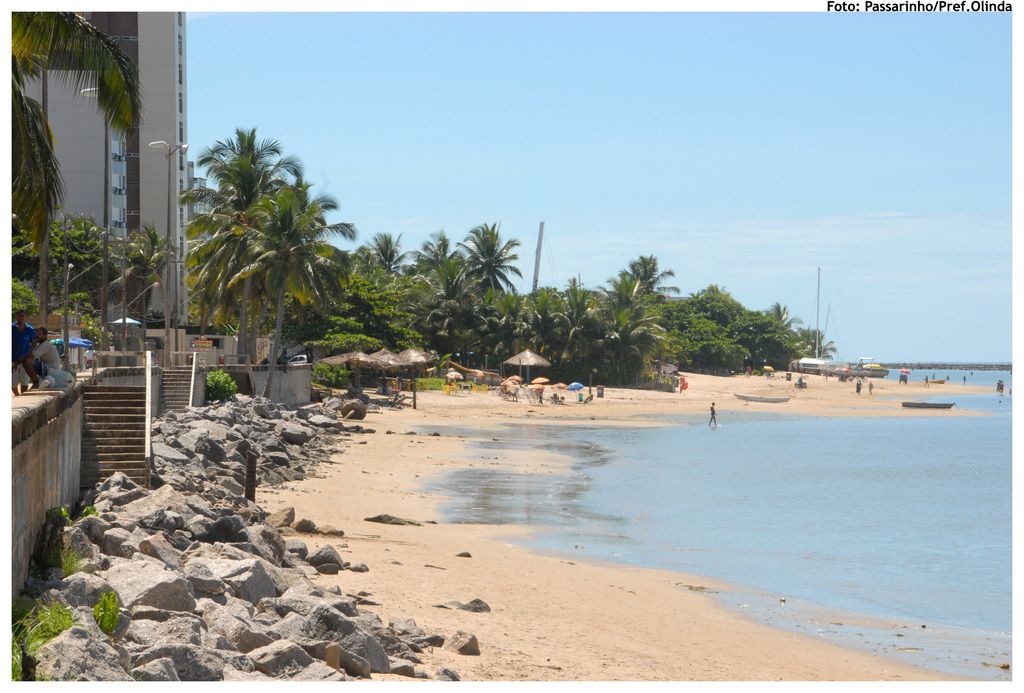Decline in apartment sales by 9% in Romania's initial four months of 2025, according to Colliers' report
Revamped Review: Romania's Struggling Housing Market in 2025
The residential property market in Romania is witnessing a sluggish start in 2025, with a nearly 9% drop in apartment transactions in the initial four months compared to the same period in 2024. This trend is particularly noticeable in the capital Bucharest, where transactions have plummeted by 12%.
Gabriel Blăniță, Associate Director at Colliers Romania, attributes this downward spiral to a range of factors adversely affecting both consumer confidence and purchasing power. He elucidates, "The labor market slowdown, waning wage growth, political uncertainties linked to elections, and the persistent increase in housing prices have created a tough climate for transactions."
With access to bank financing also becoming more of a challenge due to high inflation and economic instability, the situation is only getting grimmer. And it's not just existing apartments that feel the pinch; the removal of certain tax incentives in January 2025 has pushed up labor costs for developers, slashing their margins and raising housing prices even further. Furthermore, the scarcity of construction workers, a consequence of rapid infrastructure projects, is becoming increasingly pronounced.
Another blow to the housing supply comes in the form of a nearly 20% drop in housing completions in Bucharest in 2024, and 2025 has yet to show signs of a substantial recovery. Despite a 9% increase in construction activity in the first quarter, Colliers issues a cautionary note, warning that this won't be enough to return to previous delivery levels.
Juxtaposed with this shadow, demand remains robust. Eurostat data suggests that interest in purchasing a home in Romania approaches all-time highs. However, affordability remains elusive for many aspiring homeowners, burdened by escalating costs of financing and towering inflation. The likelihood of fiscal measures aimed at reducing the national deficit further complicates matters.
Colliers anticipates inflation will persist in the medium term, limiting the central bank's maneuverability in lowering interest rates. Such uncertainties cast a long shadow over developers, especially those in the mid-market, who are progressively hesitant to launch new projects.
Faced with such challenges, buying a home in Romania may be becoming increasingly taxing. As a result, the rental market is enjoying a newfound attractiveness. Currently, around 15% of Bucharest dwellers reside in rental properties, a figure expected to rise following trends witnessed in other European capitals.
(Photo source: Moruzx/Dreamstime.com)**
(Sources: 1- Colliers Romania, 2- Eurostat, 3- Romanian Chamber of Commerce and Industry, 4- Ministry of Development, Public Works, and Administration)
In the context of Romania's sluggish housing market in 2025, investing in real-estate may prove difficult due to various factors like labor market issues, political uncertainties, and high inflation, making it challenging to secure bank financing. Furthermore, the housing-market downturn is seen in the plummeting transactions, even in the capital Bucharest, with a 12% decrease.






